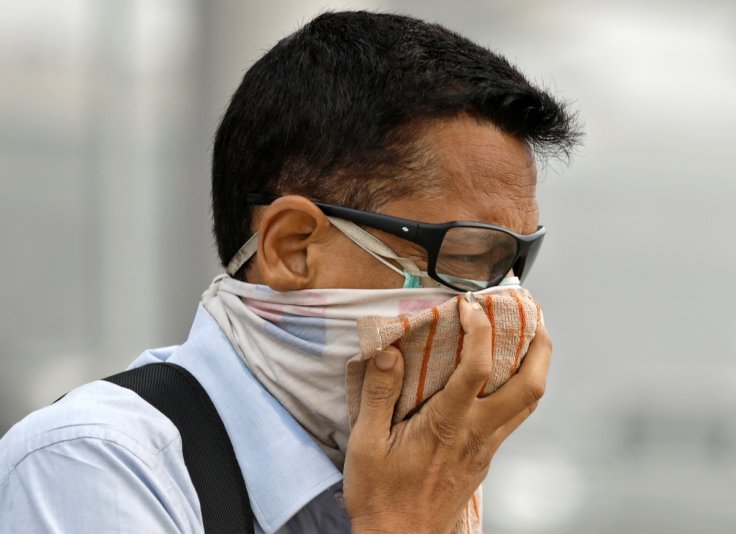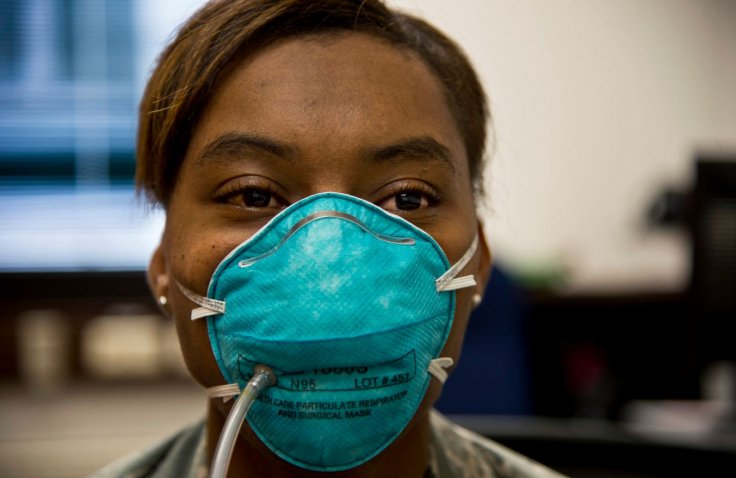When Preeti Maheshwari, an art teacher at the International School of Science and Technology, Shenzhen, contracted the Wuhan coronavirus or novel 2019-nCoV, she hit headlines as the first Indian citizen and also the first foreigner to be infected. Currently, she is being treated at the Shekou Hospital intensive care unit under ventilators, external respiratory support, and dialysis.
With pneumonia brought on by the infection, the 45-year-old is battling multiple organ dysfunction syndrome (MODS), type 1 respiratory failure and septic shock. As she is not a Chinese citizen, her treatment is not covered by the Chinese government and it would reach a staggering Rs.10 million (approximately $150,000).

Incubation period and risk of being contagious
The incubation period of the virus is still unconfirmed but latest reports suggest that it could be two weeks. According to Ma Xiaowei, China's National Health Commission Minister, those infected with the virus may not exhibit any symptoms initially and are contagious to those around them even before the symptoms set in.
The symptoms of the infection -- are very similar to that of flu, which may prompt some to overlook it as common. The range of symptoms has received widespread coverage.
What should suspects or infected people do?
According to the US Centers for Disease Control and Prevention(CDC), if one develops a fever and symptoms characteristic of respiratory illness, within 14 days post-travel from China or ground zero—Wuhan, one must inform the healthcare provider in advance and mention their travel. If they have come in contact with someone who has traveled from there, and developed symptoms after that contact, it must also be mentioned.
This is because it will facilitate the healthcare provider in coordinating with local state health authorities and central health bodies who may determine the need to test the individual for 2019-nCoV.
The CDC also advises that in the meantime, such a person should avoid contact with others, avoid travelling, cover mouth while sneezing or coughing, and wash hands with soap for at least 20 seconds after that. In the absence of soap, alcohol-based hand sanitisers can be used. These precautionary measures apply to any symptom-showing individual, even if they have not travelled to China.
How can this be treated?

Typically, those infected by the virus have been known to exhibit symptoms similar to flu, such as a cough, fever, congestion of the lungs. Pneumonia has also been found in some patients, especially those with existing chronic health issues and the elderly.
Antibiotics are designed to eliminate bacteria and not viruses. Therefore, physicians can treat the symptoms manifested and not the disease itself. Also, there are no vaccines available to inoculate the masses against the virus.
CDC has proposed some general measures that may help. Drinking sufficient fluids and consuming pain and fever medication is one suggestion that the CDC makes. These medications include aspirin, Tylenol or Paracetamol, and decongestants. There are other interventions that scientists are investigating. However, they are not approved by bodies such as the FDA. Some of them include convalescent plasma treatments and certain antiviral medications.
Can traditional Chinese medicine help?
While there is sufficient information available about the physical and policy measures that China has implemented to control the spread of the disease, little was known about the course of treatment that is being provided to patients diagnosed with the virus.
However, it was reported that China's National Health Commission presented guidelines for treatment and offered a few pointers on the treatment of the disease. It advised hospitals to employ an array of treatments that also included traditional Chinese medicine (TCM) and artificial lungs.
The country's top health body suggested that TCM should be used for the treatment depending on the medication categories—damp, hot, toxic and bruised—their conditions fell into. It also stressed that the suggested treatments were not for prevention and that in extreme cases, extracorporeal membrane oxygenation (ECMO) – an artificial heart-and-lung treatment could be used.








